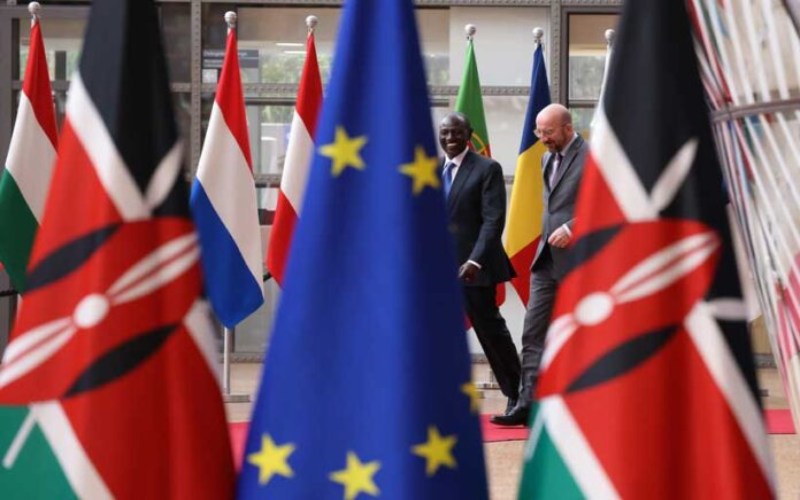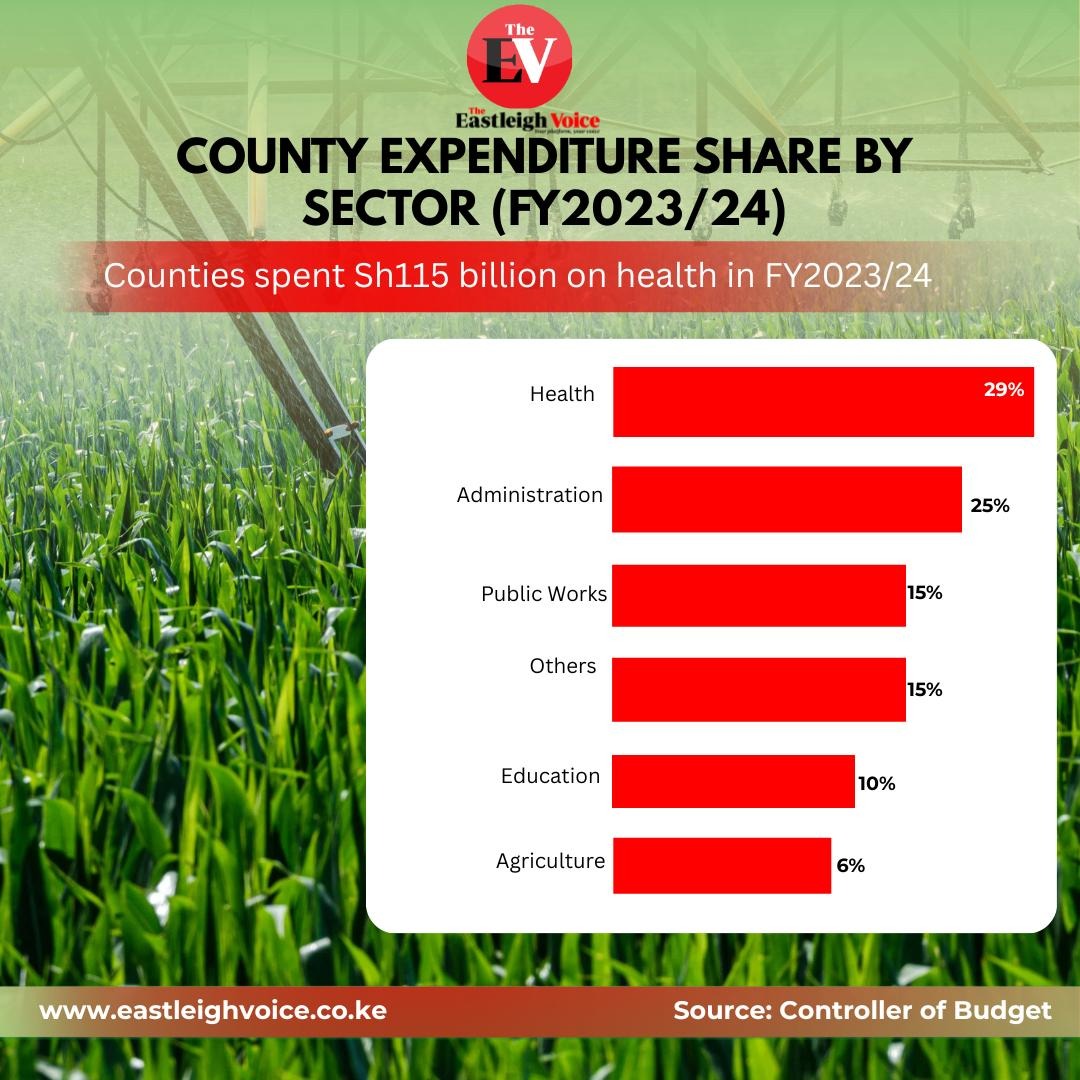Engineers sound alarm over substandard cement amid rising building collapses in Kenya

IEK is demanding thorough audits of manufacturers, strict enforcement of weight verification, and prompt prosecution of those responsible for undermining construction standards.
The Institution of Engineers of Kenya (IEK) has called for urgent measures to tackle the rising presence of substandard cement in the Kenyan market amid increasing public alarm over frequent building collapses.
The institution is demanding thorough audits of manufacturers, strict enforcement of weight verification, and prompt prosecution of those responsible for undermining construction standards.
More To Read
- KEBS urges institutions to integrate systems, modernise auditing
- MPs push to replace 1974 Standards Act after talks with KEBS
- Cars registered before 2019 must reach Kenyan ports by December 2025 - KEBS
- Manufacturers face heavy penalties for noncompliance with KEBS 0.2 per cent standards levy
- Senator Hamida demands clarity on Kenya’s new food labelling rules
- KEBS responds to UK travel advisory, says methanol in Kenya ‘too bitter to be consumed’
In a statement issued, IEK raised the alarm over what it described as a growing threat to public safety due to compromised construction materials. The institution warned that the integrity of Kenya’s built environment is at serious risk if the issue is not urgently addressed.
IEK revealed that its members had recorded up to a 25 per cent reduction in the compressive strength of concrete made using certain cement brands available in the market.
KEBS mark of quality
Alarmingly, the drop in quality was observed even in products that carry the Kenya Bureau of Standards (KEBS) mark of quality.
The institution emphasised that cement is a key component in ensuring structural integrity, and that poor-quality materials pose a direct danger to life and property.
“Cement is a key component in construction, serving as the binding agent in concrete. When it hydrates and sets properly with aggregates, it forms strong, durable structures. But when its quality is compromised, it endangers both structural integrity and public safety," said the IEK.
“We require the collaboration of regulators, law enforcement agencies, manufacturers, and professional bodies to uphold standards, ensure compliance, and protect the lives of Kenyan citizens,” IEK added.
Underweight cement
In addition to quality issues, IEK flagged the widespread sale of underweight cement. Investigations by engineers have found that bags labelled as 50kg were often short, some weighing as little as 45kg.
“This fraudulent practice is a violation of consumer rights,” stated the institution.
IEK recommended urgent interventions, including independent audits of all cement manufacturers and random sampling from hardware stores and distribution centres.
It also proposed mandatory weight checks before cement is dispatched to customers, with penalties for any violations.
The institution further called for immediate investigations and prosecution of individuals, including public officials and private sector actors, found culpable in compromising construction standards.
The institution reaffirmed its commitment to monitoring the situation and working with stakeholders to uphold safety, integrity, and professionalism in Kenya’s construction sector.
Top Stories Today












































